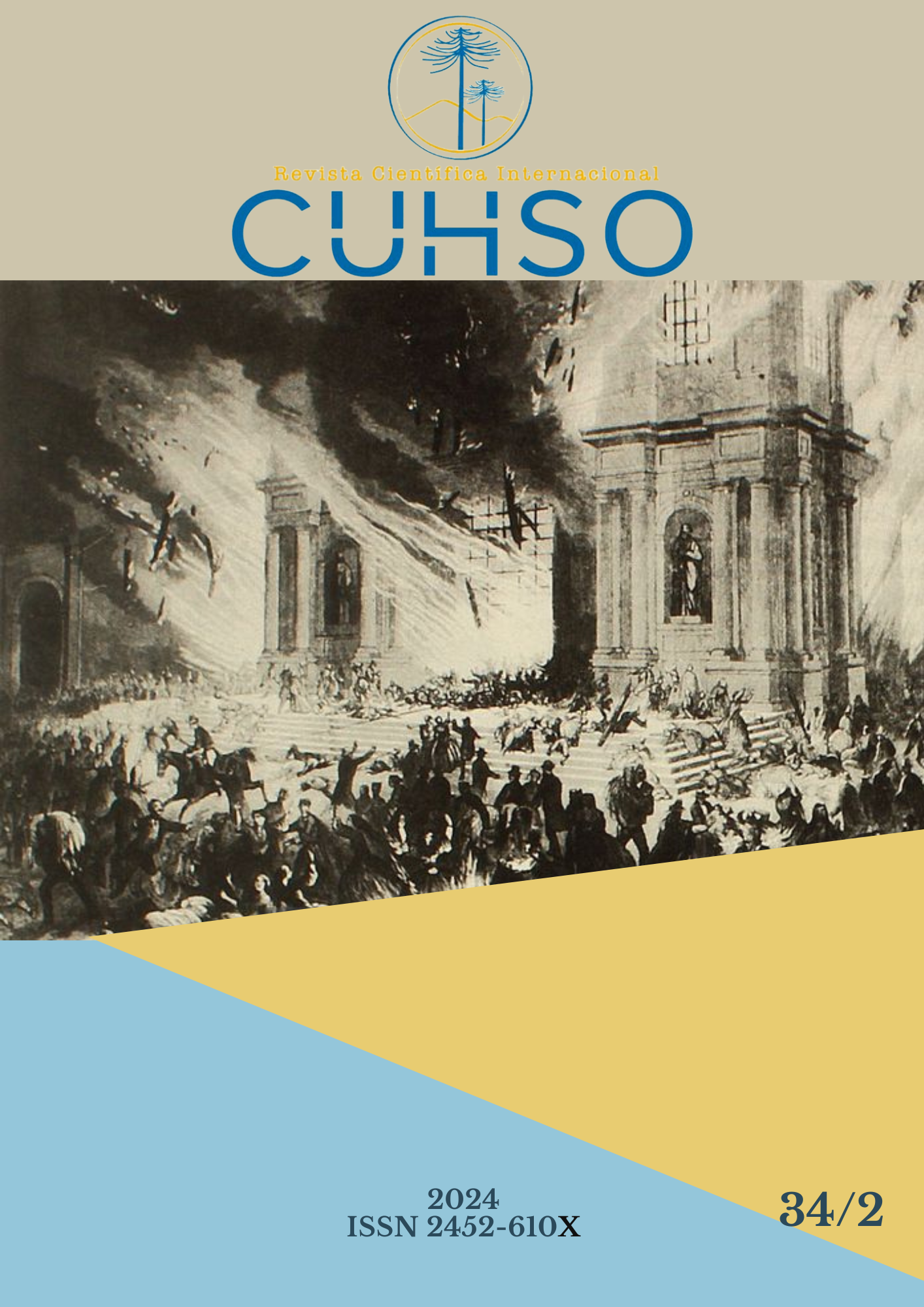Abstract
This article seeks to propose theoretical articulations for the study of contemporary international migrations to the Araucanía Region, Chile. To this end, there will be delimited the approaches that are considered pertinent for the study in the territorial context indicated, characterized by the permanence and validity of colonial practices, the attempted extermination/assimilation of the Mapuche people and the existence of disputes over extractive industries. Taking into account that historically the Araucanía Region was configured as a “Border” space, the study of social and symbolic borders constitutes an analytical framework that contributes to think of territorial borders not only as geographical boundaries, but rather as socio-historical processes intertwined with multiple economic, legal and political devices that produce and shape the marks of subjection.

This work is licensed under a Creative Commons Attribution 4.0 International License.
Copyright (c) 2025 Natalia Cárdenas Marín


